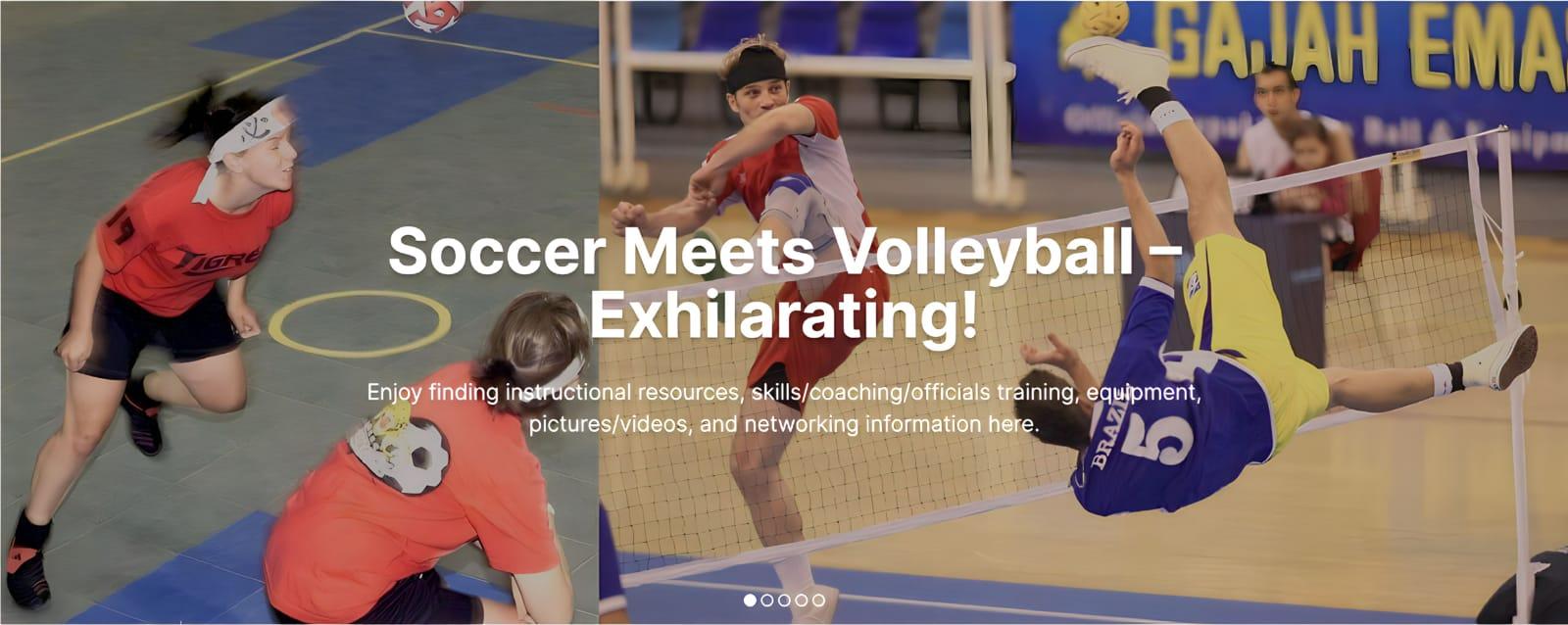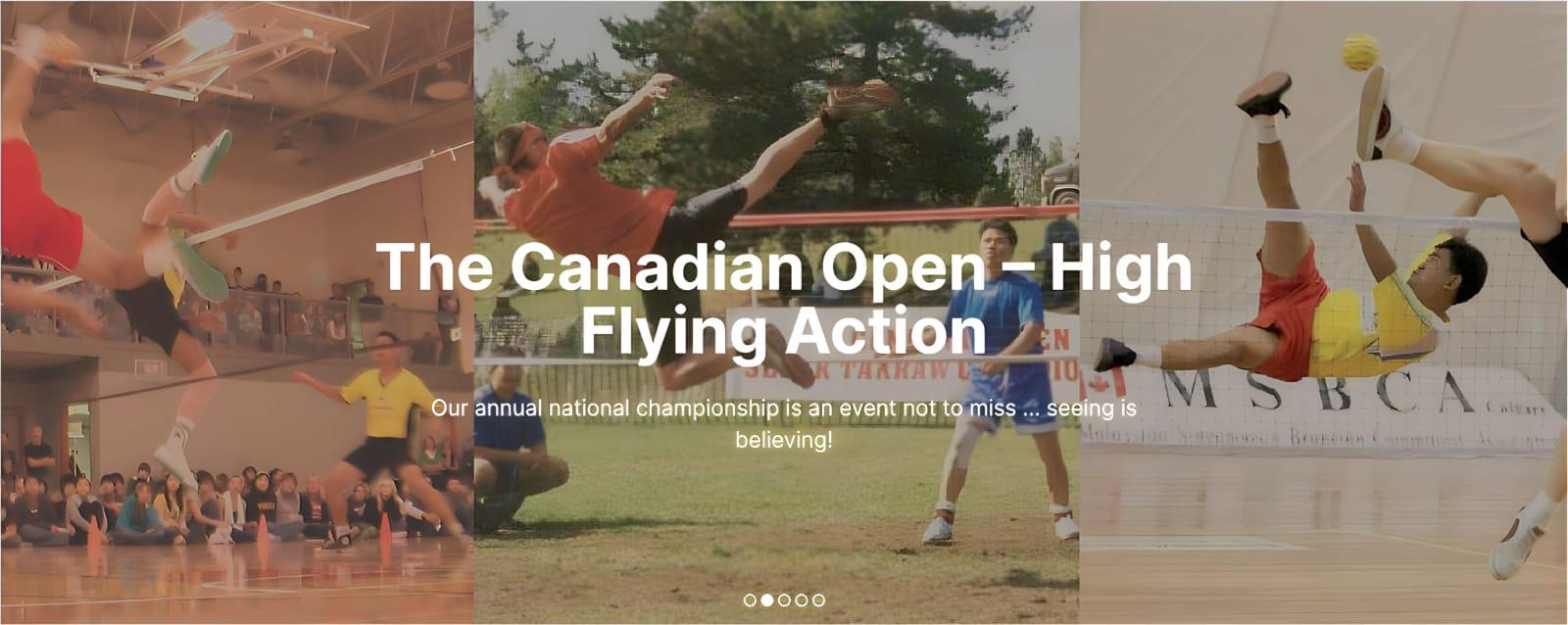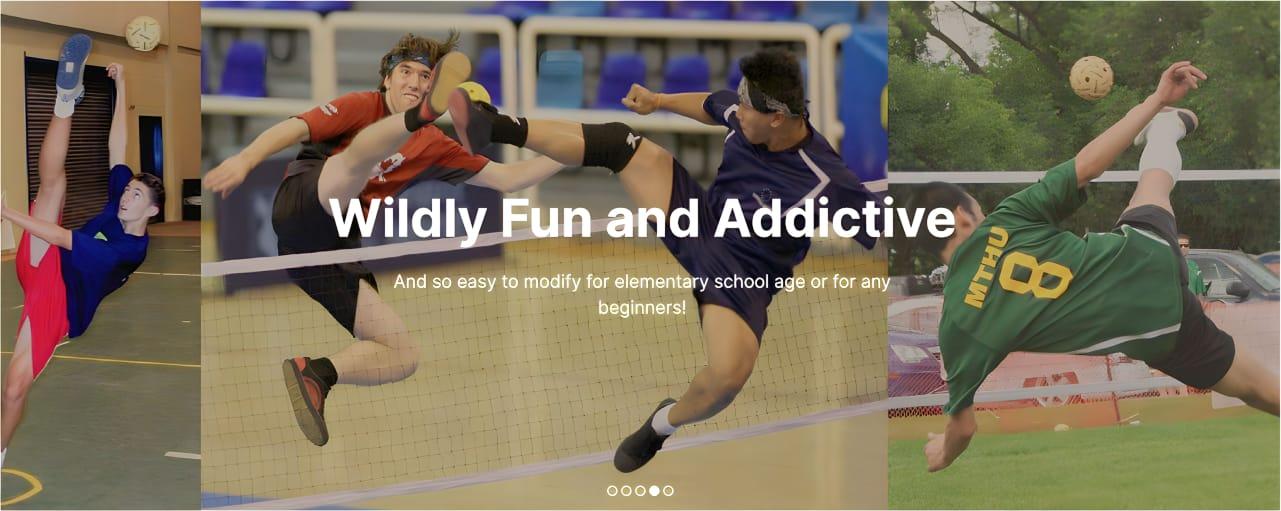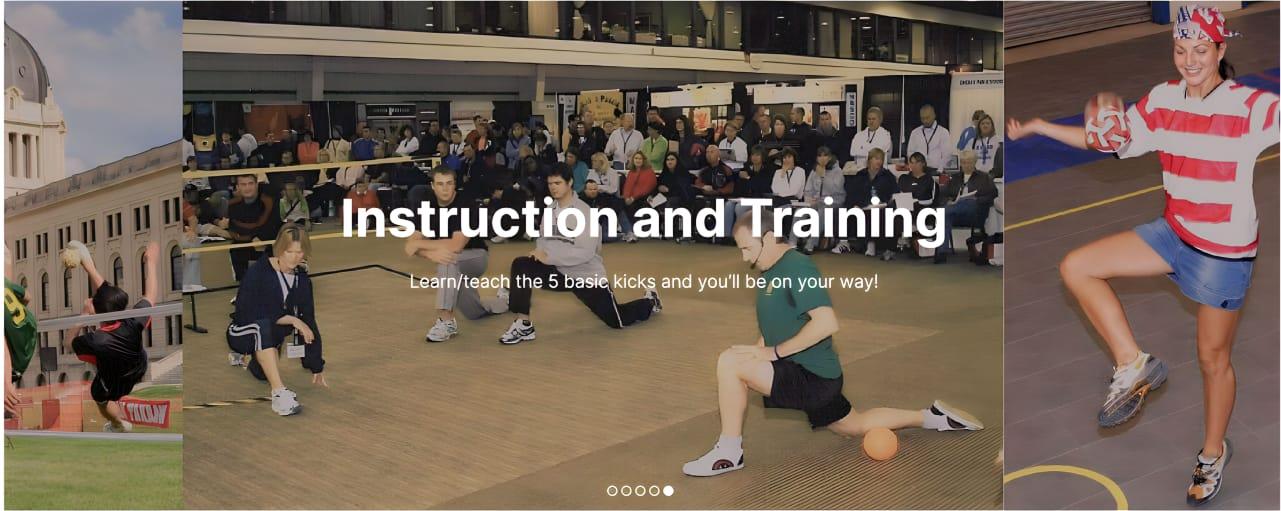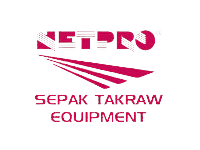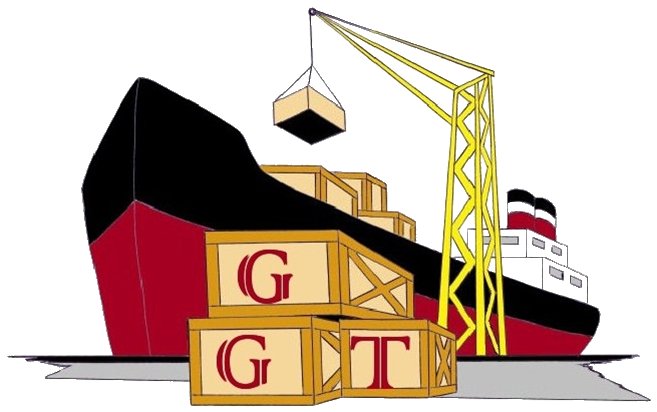Canadian Sepak Takraw History
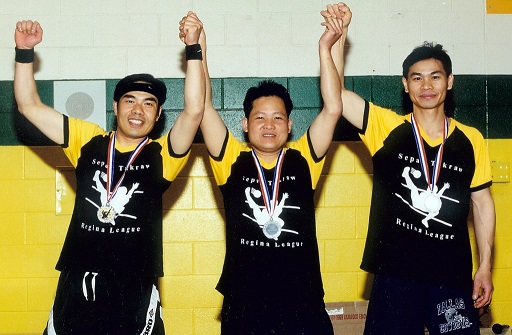
Regina Laos Team, 1st Canadian Open, 1999
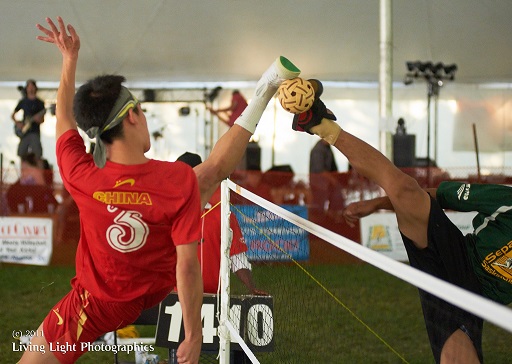
China vs. Sask (Team Canada), Cdn Open, 2011
Mid to late 1970's: Thousands of Laotian refugees immigrate to Canada after civil war in Laos ends in 1975 with political control being taken over by a communist regime. In major cities across Canada where the Laotians have settled, they play Sepak Takraw amongst themselves, usually in parks during the spring and summer seasons.
1988: Rick Engel, a teacher from Saskatchewan who was teaching English in China, encounters Sepak Takraw while travelling through Thailand and Malaysia during his holidays.
1989 - 1992: Rick comes back to Canada to accept a job teaching Chinese and co-ordinate the Asia Pacific Project in White City School, just outside Regina, Saskatchewan. As part of his job to help other teachers in the school incorporate aspects from Asia into their plans, Rick gets 12 hand-woven rattan Takraw balls and a basic set of rules from a friend in Thailand. Sepak Takraw is introduced as a special unit in Physical Education classes for grades 6 - 9.
1993/94: In an attempt to bridge cultural gaps of understanding and provide unique opportunities for Canadian youth, Rick founds what has now become a non-profit organisation known as Asian Sport, Education & Culture (ASEC) International. One of the primary programs that develop is the School Asia Presentations Program, where students learn about Asia through slides and many various, fun, hands-on Asian activities. One of the activities is Sepak Takraw, using rattan balls.
1994/95: While teaching an evening English As a Second Language class through the Open Door Society in Regina, Rick discovers that a couple of his Laotian students are Takraw players and that they play every weekend. Rick, along with a couple of friends, accepts the invitation to join them and plays often. Interest grows in the Takraw activity part of the School Asia Presentations - plastic Takraw balls are now used. Schools start asking where they can purchase balls so that they can continue to play on their own, but the closest source was to order from the USA.
1995/96: To make it easier for schools to get involved in Takraw, ASEC begins importing and selling balls on a small trial basis, and set up a display at the Saskatchewan Phys. Ed. Teachers' Conference in May ('96).
August, 1996: Sebastien Verdy of Montreal, Quebec, wins the World Championships in Footbag Net in the singles event, and with Emmanuel Bouchard, also wins the doubles title.
November, 1996: Now wanting to put his energy into a sport he watched the Laotians play as a youth, Sebastien travels to Thailand to start what would turn out to be about 2 years of training to play Sepak Takraw at a highly skilled level.
1996/97: ASEC sends its brochures to school division offices across Canada that includes an insert regarding the handling of Takraw equipment and orders are placed from across the country. Rick introduces Takraw to about 70 teachers at the annual Saskatchewan Phys. Ed. Teachers' Conference in May ('97). Over 100 schools have now had an ASEC Asia Presentation, many of which included an introduction to Takraw.
June, 1997: Sebastien is re-united in Thailand with Emmannuel, who also started playing Takraw in Montreal, and a Lao friend, Sompong Sayarinh, to compete in the 13th King's Cup Sepaktakraw World Championships and go all the way to the Division lll finals, where they were defeated by Korea.
March, 1998: Sebastien Verdy's Takraw team from Montreal is invited to play in an international tournament held in Bogota, Columbia, where they are victorious over an American team in the finals.
1997/98: ASEC displays and presents a session on Takraw at the Alberta Phys. Ed. Teachers' Conference in Medicine Hat, as well as at a National Teachers' Conference in Saskatoon, SK. Altogether, approximately 200 teachers take in the sessions. There is much excitement and enthusiasm over this new sport! ASEC and the Catholic Lao Association of Saskatchewan organise and host Canada's first provincial Takraw tournament. It involves junior & senior high school (boys and girls), as well as men's teams - 14 in all. Guest teams are invited from Winnipeg and Sebastien's team from Montreal (who comes without Sebastien, as he was back in Thailand training). The event receives generous local media coverage.
1998/99: ASEC organises a summer & fall Takraw club, as well as a winter league, at the YWCA in Regina, Saskatchewan that sees over 100 participants altogether. To gather more footage for a documentary on Sepak Takraw that they are working on, as well as a promotional/instructional video, ASEC sends Rick Engel to Thailand to film at the 14th King's Cup Sepaktakraw World Championships in response to an invitation from the International Sepaktakraw Federation (ISTAF). Unfortunately, Sebastien's teammates were not able to join him in Thailand to compete in this event, so Canada was not represented.
December 11, 1998: The Sepak Takraw Association of Canada (STAC) is officially established with an approved Letters of Patent from the federal government in Ottawa incorporating the same as a non-profit sports association. ASEC International was the driving force behind this development. ASEC International, with the help of Partners In Motion, produce a TV Public Service Announcement to promote Takraw and copies are sent to player contacts in other provinces across Canada.
January 21, 1999: The Board of Directors and Executive Committee for the Sepak Takraw Association of Canada are elected at its first official meeting. Rick Engel is elected as STAC's first President.
April 24, 1999: ASEC hosts Saskatchewan's 2nd Annual Provincial Sepaktakraw Championships in Regina. Altogether 9 teams compete, including 3 H. S. girl's teams, 2 H. S. boy's teams, and 4 men's teams.
May 23 & 24, 1999: STAC and ASEC together host the first Canadian Sepak Takraw Championships in Regina, Saskatchewan at the Campbell Collegiate High School Gym. Unfortunately the Manitoba and Alberta teams could not come on that weekend, so just five teams from the two provinces of Saskatchewan and Quebec compete for the national title. It is Sebastien's team from Quebec that takes Gold, a Regina team wins the Silver and Bronze goes to Saskatoon. All those involved believe that Sepak Takraw has the potential for a great future in Canada.

